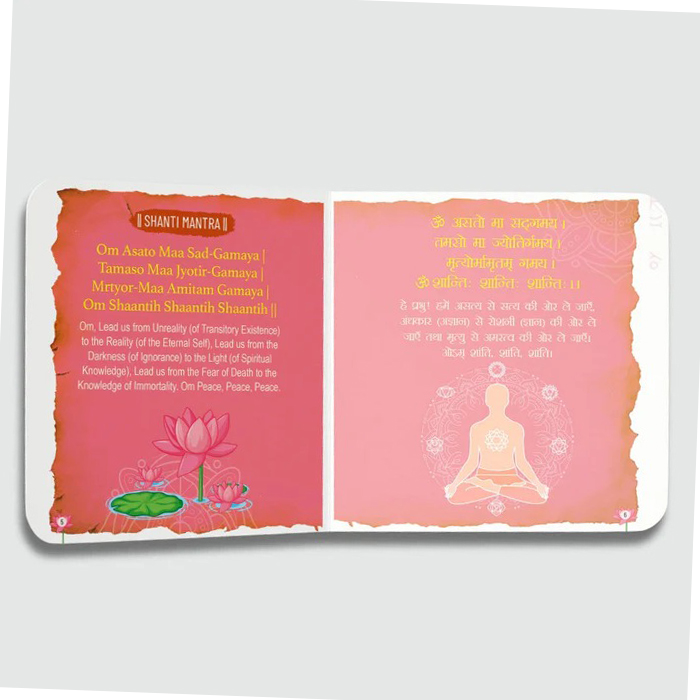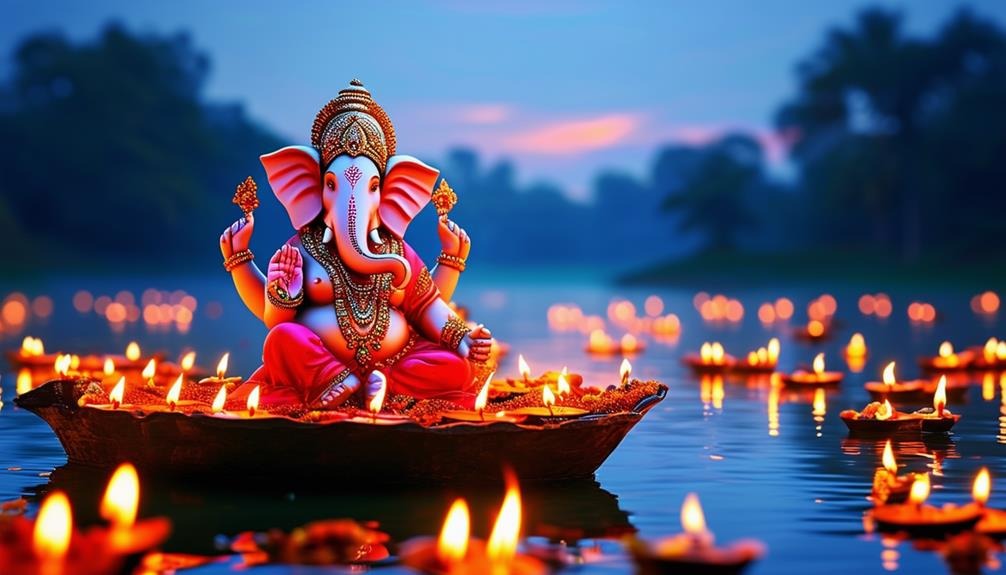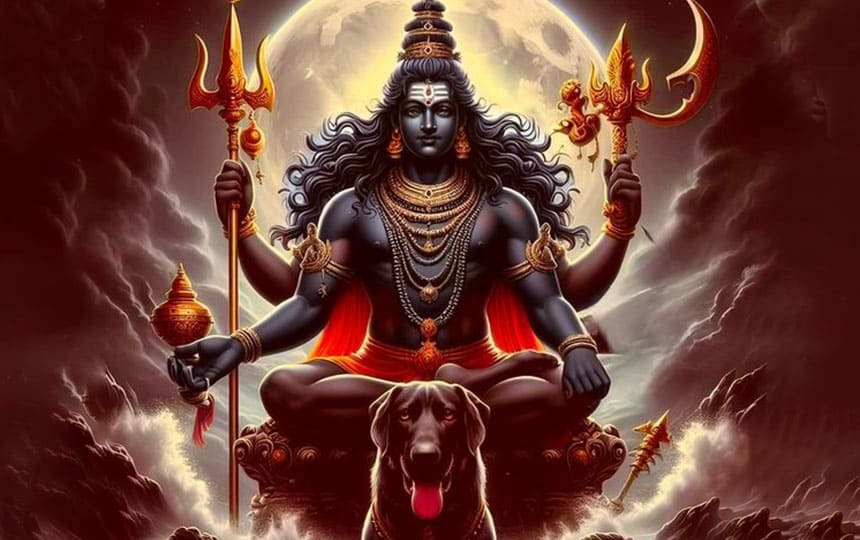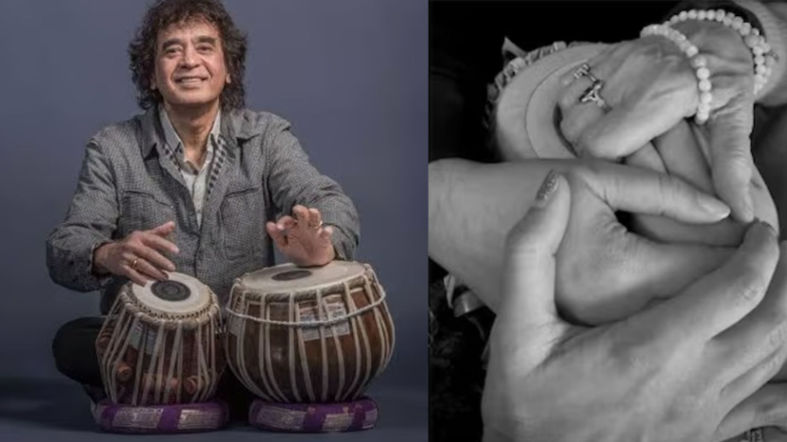The word Bhakti is derived from the Sanskrit word “bhaj,” which means to adore or worship. It represents a devotional and loving surrender to a higher power. As a spiritual practice, Bhakti emphasizes the cultivation of a heart-centred, loving relationship with the Divine by living an authentic and fulfilling life.
Understanding Bhakti
Bhakti is not ritualism; it is a call to surrender the ego and open the heart to the fullest experience of your life. In Bhakti, the object of devotion and the path of devotion may vary. But it’s true essence lies in the sincerity and depth of the devotee’s love and devotion — just as Shabari’s bhakti found her God through forest berries while Mirabai’s Bhakti found expression in song and hymns. As ordinary people, you can re-define Bhakti as:
Overcoming the Ego:
The ego or ahamkara is often a barrier to spiritual growth. Bhakti believes overcoming the ego is an essential step of devotion.
=Bhaktas learn to surrender the irrational desires and attachments of their ego, realizing that true fulfilment lies in enjoying the reality of the present moment.
= This surrender is not a form of weakness but a source of immense strength, as it allows you to go beyond the limitations of the ego, of what your mind understands as being either good or bad for you.
=Bhaktas believe that everything in the world in this moment of time is exactly as it should be. This acceptance allows them to worry less, to be calm and balanced; and they can respond and not react to external situations.
=Bhaktas learn to navigate challenges with grit, trusting in the divine plan rather than an ego-based reading of circumstances.
=Bhakti will cultivate self-awareness within you and this awareness about who you are and what you authentically seek in life will lead you to your life’s purpose and meaning over the ego’s constant need for external validation.
Transformative Power of Love in Bhakti:
At the heart of Bhakti lies the transformative power of love:
=The intense love and devotion cultivated through Bhakti has the potential to purify the heart, dissolve negative tendencies, and elevate consciousness.
=By harnessing the power of Bhakti, you can infuse love and dedication in your actions, relationships, and daily endeavours. Fulfilling relationships then become the basis for joy within you.
Balancing Detachment and Engagement:
While Bhakti encourages surrender and devotion, it also teaches the art of balanced living.
=Devotees learn to engage wholeheartedly in their worldly responsibilities while maintaining detachment from the fruits of their actions.
=This balance is crucial in avoiding the extremes of attachment or indifference, allowing you to participate fully in life while not being too attached to outcomes that are controlled by Divine will.
Bhakti is a personalised, universal principle that invites you to cultivate a heart-centred approach to life.
Forms of Bhakti:
Bhakti is an intensely personal experience so you can define your own path of Bhakti. But if you are looking for a little help then the Srimad Bhagvatam proposes nine forms or paths or Navavidha Bhakti:
=Shravanam or hearing about the Divine
=Kirtan or chanting about the Divine
=Smaran or remembering the Divine
=Pada-Sevana or serving at the feet of the Divine
=Archana or worshipping the Divine
=Vandana or prostrating before the Divine
=Dasya or serving the Divine
=Sakhya or befriending the Divine and
=Atma-Nivedam or offering oneself to the Divine.
What can Bhakti lead you to?
Bhakti will lead you to your heart’s deepest desires; desire that comes from the core of your being and expands you beyond the limits of Creation. The choice of this expanded consciousness, though, is completely up to you.
Dr Hansaji Yogendra is the director of The Yoga Institute. She is also the president of the Indian Yoga Association and the International Board of Yoga.













